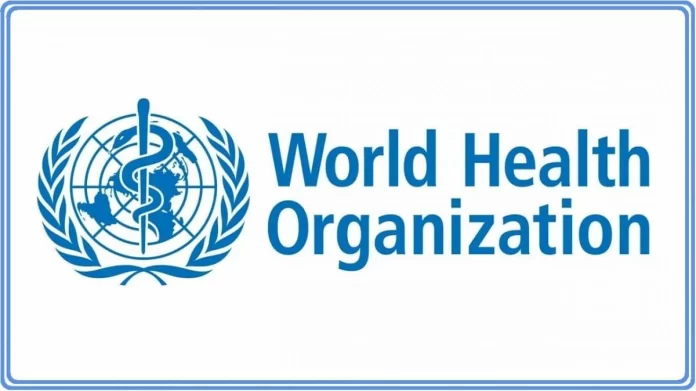The World Health Organisation has raised the need for Africa to address the health inequities among its people, noting that health is not only a fundamental human right but also central to peace and prosperity of the region.
The health body noted that many regions in Africa still need help with access to quality essential health services due largely to unfulfilled rights.
Dr Matshidiso Moeti, the WHO Regional Director for Africa, who raised the concern in a statement to mark World Health Day, urged member states to uphold the progress towards fulfilling the right to health for all as agreed by nations in 1948 and enshrined in the WHO Constitution.
Speaking to the theme of the 2024 World Health Day, “My Health, My Right,” Moeti said, the right to health is a universal right of all human beings, regardless of race, colour, sex, language, religion, political or other opinion, national or social origin, property, birth, or any other status.
He said, ”We have made significant progress in ensuring better health outcomes for our people over the past decade. More mothers and children are surviving today than before. From 2000 to 2020, the life expectancy of African women increased from 54 to 67 years; the maternal mortality ratio decreased by 33% (from 788 to 531 maternal deaths per 100 000 lives), and the number of children dying before the age of 5 was reduced by 50% from 2000 to 2017.
Between 2011 and 2021, the number of new HIV infections and AIDS-related deaths decreased by 44% and 55%, respectively, across Africa, and the number of TB deaths decreased by 26%.
”In addition, several diseases are on the verge of eradication and elimination, including polio, guinea worm disease, as well as maternal and neonatal tetanus.
”Efforts to accelerate progress towards Universal Health Coverage, UHC is on. We are reforming health policies and revamping legislative and regulatory frameworks, including National Health Insurance Schemes, NHIS, and Social Health Insurance, SHI, schemes to reduce catastrophic out-of-pocket health expenditures.
Despite the amount of progress made, Dr Moeti worries that the number of people aged 15 and over living with HIV is still high at an estimated 24.3 million in 2021 (3.4 % of the total population) compared to 15.6 million in 2005.
He said ”this reflects the continued transmission of HIV despite reductions in the incidence of people newly infected and the benefits of significantly expanded access to antiretrovirals”.
He also called attention to the disparities in the coverage of key reproductive, maternal, newborn, child, and adolescent health interventions, saying the rural dwellers, the poor, and those in hard-to-reach areas are still mostly disadvantaged.
The WHO, however, promised to keep the fight to ensure healthcare is accessible to all, saying, ”We will continue to work with you all to strengthen health governance and combat discrimination and inequalities in health.”
Share your story or advertise with us: Whatsapp: +2347068606071 Email: info@newspotng.com












